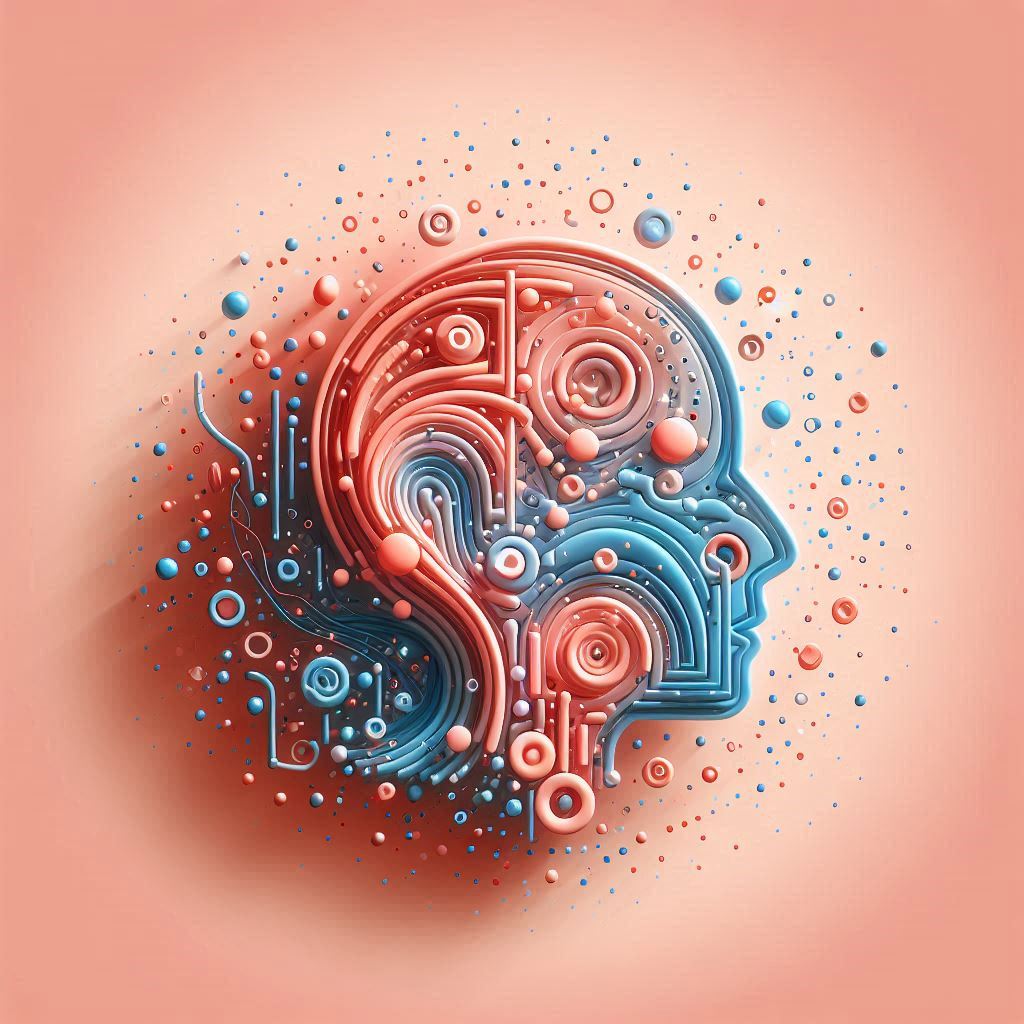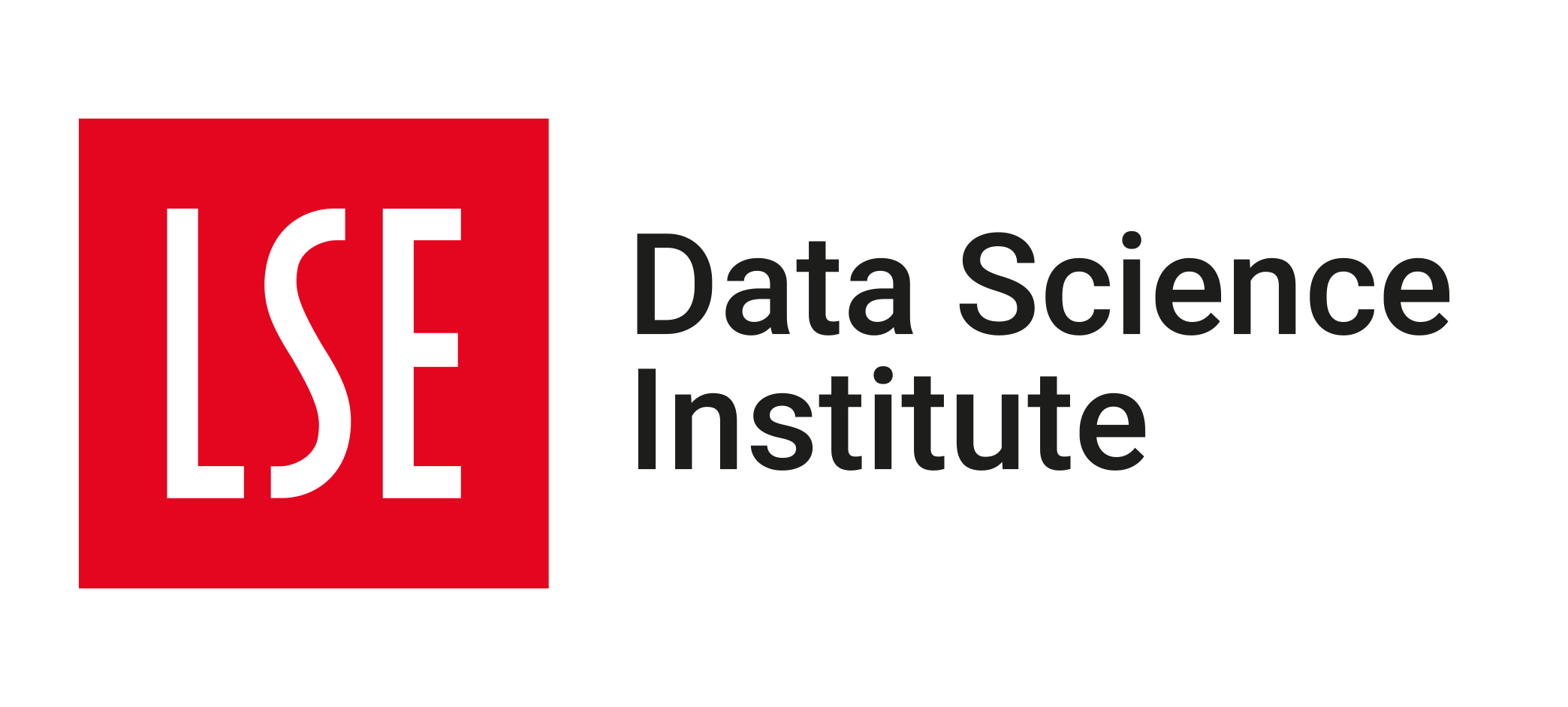📦 Final Project (30% + 10%)
2024/25 Autumn Term

This is your final assessment for DS105A, worth 40% of your total grade (30% for the group project + 10% for individual reflection). Building on skills developed throughout the Autumn Term, you’ll work in teams to develop a complete data science project from start to finish.
Overview
Your team will:
Choose and justify your own data sources (see the data requirements guide for more details)
Come up with questions to pose to the data (do that as a team, no need for individual notebooks per person)
Update the public-facing website to narrate your findings (the same website you created for the W11 Presentation)
Document your development process in the README and notebooks
Submit individual contribution reflections (500 words max) (see instructions for this part)
Key Requirements:
- Team size: 2-4 members (as assigned in Week 10)
- Deadline: 5 February 2025, 8pm UK time
- Submission: Via GitHub repository
- Individual reflections: Due same time as group submission
Grade Breakdown
In your student records at the end of the academic year, you will see that your DS105A is broken down into two grade components, the individual COURSEWORK (60%) component and the GROUP PROJECT (40%) component. See Assessment & Feedback for more details.
This final project is therefore worth 3/4 of the GROUP PROJECT component of your grade, the remaining was the W11 Presentation you did in Week 11.
The individual reflection is worth 1/6 of the individual COURSEWORK component of your grade – the remaining 5/6 was the W06 & W10 Summative Assessments.
Let’s see how we will grade this project.
📝 Project Requirements (30%)
You are assessed as a group on the following components:
Data Sources & Collection
You have complete freedom in choosing your data sources. Check the Data Requirements guide for more details on selecting appropriate datasets.
Technical Implementation
You will find that the requirements for the final project are similar to the W10 Summative Assessment. However, the final project is more open-ended and allows for more creativity in the choice of data sources and the questions you ask.
Here are some key requirements:
Required Components
- Data Collection & Processing
- Analysis & Visualisation
- Public Website
Optional Enhancements
- Database implementation (SQLite or similar) (if you have cleanly processed data stored in files, it will be okay to skip the database this time.)
- Interactive dashboards (e.g. Streamlit). Although be careful: dashboards get cluttered easily and sometimes fail to convey a single clear message.
- Multi-pages website with navigation
📊 Development Process
The project must contain evidence of collaborative development through some or all of the following:
- Regular Git commits
- Clear documentation
- Code review process
- Task distribution
- GitHub Project Boards
- Pull Requests
- Issue tracking
- Other collaboration tools
Note: While we encourage using GitHub’s collaborative features, we understand some teams may prefer alternative workflows. If not using GitHub’s collaboration tools, you must clearly document your team’s workflow and individual contributions in your documentation.
🤖 AI Tool Usage
- You may use AI tools freely as usual (ChatGPT, GitHub Copilot, etc.)
- (Optional but recommended) Explain how AI tools influenced your development process
- Avoid using AI tools for data imputation or analysis (you won’t be able to fully justify the rationale behind AI-generated “data”)
📝 Individual Reflection (10%)
Each team member must submit a personal reflection (aim for 750 words max – not including links) demonstrating their contribution to the project. This should be submitted as a Markdown file put somewhere, say, reflections/<my-username>.md (without the < and > please!) in your project repository.
Your reflection should illustrate:
- Technical Contributions
- Specific code/features you developed
- Problems you solved
- Technical decisions you influenced
- Team Collaboration
- Your role in team coordination
- How you supported team members
- Conflict resolution examples
- Learning Journey
- Skills developed
- Challenges overcome
- Areas for future growth
Evidence can include:
- Links to specific major commits
- Pull request discussions
- Issue comments
- Meeting notes
- Code review feedback
- Documentation contributions
✔️ Assessment Criteria
Group Project (30%)
| Component | Weight | Things that Influence Your Grade |
|---|---|---|
| Technical Implementation | 40% | Code quality, good use of pandas for data processing, analysis depth and evident clear intention behind the code (not just the usual uncritical copy-paste from ChatGPT) |
| Research & Analysis | 30% | Question formulation, methodology, insights |
| Documentation & Presentation | 30% | Website quality, clear separation between README vs Notebooks vs website, concise yet meaningful code documentation, clear narrative |
Individual Reflection (10%)
| Component | Weight | Key Assessment Areas |
|---|---|---|
| Technical Detail | 40% | Specific examples, technical accuracy |
| Evidence Quality | 30% | Supporting documentation, concrete examples |
| Self-Analysis | 30% | Insight quality, reflection on challenges and personal growth during the project |
Note on Grading:
Following institutional guidance on grade normalisation, we will maintain high standards for this assessment. As usual, marks above 70 will be reserved for truly exceptional work that demonstrates mastery of course concepts and professional-quality implementation.
📋 Submission Guidelines
- Push all code to your team’s GitHub repository
- Ensure your GitHub Pages site is live and accessible
- Include individual reflections in the repository
- Complete submission by 5 February 2025, 8pm UK time
🤔 Need Help?
- Book your 1:1 mentoring with Jon via StudentHub in January, as specified in the feedback you received for the W11 Presentation
- Attend office hours (check StudentHub for availability)
- Review Week 10-11 materials on project management
